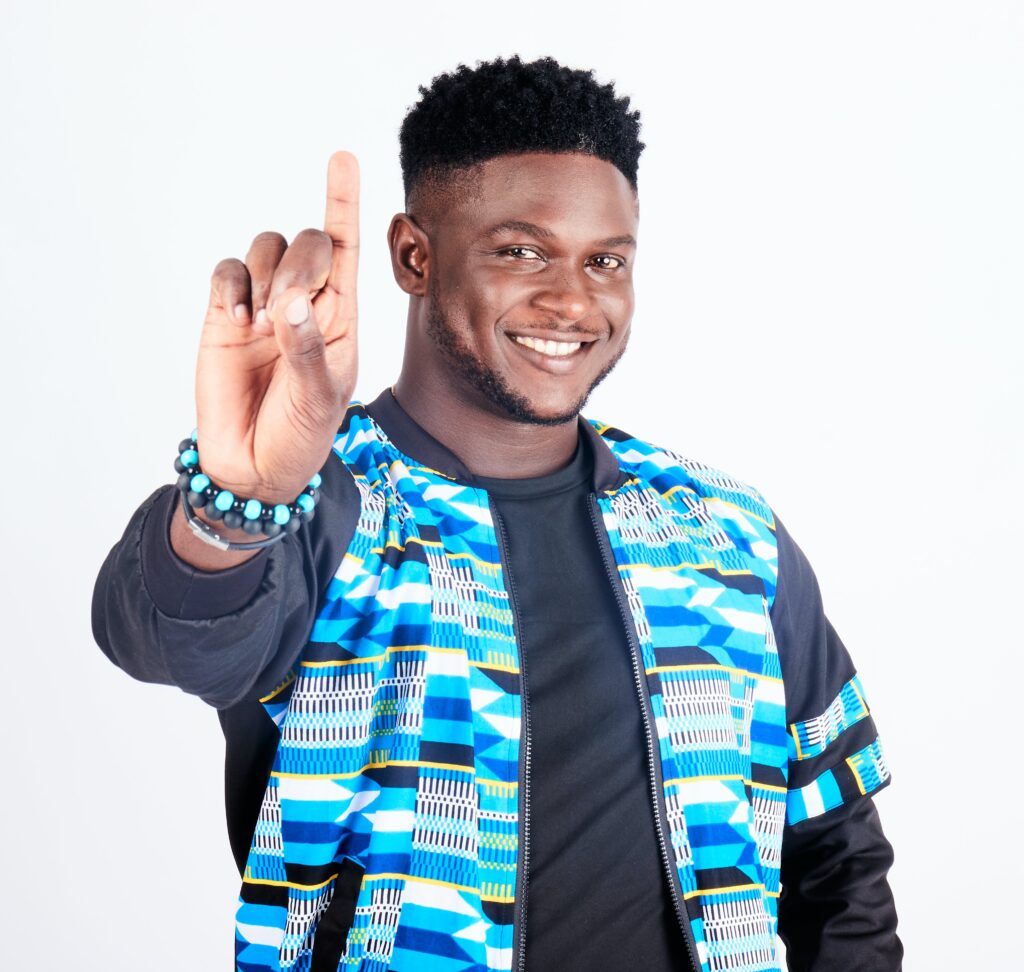
The Secrets of Power Body Language to Radiate Confidence
Stand Tall, Think Big: How Posture Shapes Your Neurobiology
I
Introduction to Power Body Language:
In the intricate dance between mind and body, our posture emerges as a silent conductor orchestrating the symphony of neurobiology. This symphony, with serotonin as its lead, holds the key to understanding how success and defeat mold our brain chemistry.
In this blog, we shall explore this dance and reveal how to use power body language to adapt our posture to fine-tune our brain chemistry to cultivate confidence in ourselves and even generate respect from others. Sound too good to be true? Read on.

Neurobiology of Defeat and Success:
Serotonin, the neurotransmitter associated with mood regulation, plays a pivotal role in our neurobiology and brain health. After a defeat or severe disappointment, serotonin levels can dip, casting a shadow over our emotional landscape. When this happens, it is inevitable that our posture will follow suit. Our shoulders hang down low, our breathing becomes shallow, and our eyes are cast down. Imagine the typical naughty schoolchild who is caught in the very act of some mischief.
As the admonishing teacher looms over them wagging an educational finger in disapproval, the child adopts a posture that we all know too well. “Don’t look at your shoes,” yells the teacher, “look at me, boy,” and punctuates the word “boy” with an extra loud flourish in the voice. The teacher towers over the naughty one, and the child seems to get smaller and smaller.

This behavior in the face of humiliation is ingrained. Try it. Stand in this posture and tell yourself “I feel wonderful”… It doesn’t work. The posture doesn’t permit happy thoughts. This is because a fallen posture drags serotonin levels down with it. Conversely, success brings a surge of serotonin, fostering a brighter mental state. Imagine, if you will, the vision of a happy young person skipping along the road after a first date. We even use the expression “walking on air” to describe the state.
The posture is big, the footsteps are light, and we feel on top of the world. You can quite well imagine what is happening in the brain: the serotonin levels are going through the roof. The posture gives it all away. Power body language is for real.
Embodied Cognition and Posture:
Embodied cognition, the idea that the mind is not confined to the brain but extends to the body, introduces us to the profound influence of posture. Research suggests that learned power body language and postures can impact brain chemistry and shape how others perceive us unconsciously. It’s a two-way street where our body influences our mind, and vice versa.
Try the opposite experiment now: Try skipping along like our joy-filled, love-struck teen with your head held high and say to yourself “I feel absolutely dreadful”… and, voila, it doesn’t work. Your merry posture simply doesn’t allow the change in brain chemistry that produces that “absolutely dreadful” feeling.

The Power of Posture in Daily Life:
Beyond its role in neurobiology, posture plays a crucial part in our day-to-day interactions. Cultivating better posture isn’t just about standing straight; it’s about expressing our internal state to others. It is also about expressing our social status.
Go into any office, and you can probably identify who the bosses are. We are not Vikings, so the boss doesn’t have to be a huge towering figure with a red beard and an axe, but the posture will reveal a status or power just as assuredly. The thing about status is that it is precarious. People fear losing status, and if they perceive you as having a lower status than they, they will try to make sure you don’t rise “above your station” as it were. They will read your body language and, upon seeing a drooping posture, will assume dominance over you. This is entirely unconscious, of course.
Case in Point: A few years ago (about 25 years ago, come to think of it), I went to a play at the local theatre. The play was about an unruly band of criminals. As I stood in the lobby, a bunch of older men were hanging around by the door. Everyone, and I do mean everyone, gave these ruffians a very wide berth indeed. They were middle-aged men in suits, but everything about them screamed bad news… stay away. We all sat down to watch the show, and, lo and behold, those very same ruffians were the actors from the play. They had simply been playing the part before the show.
As the show ended, a microphone was handed to one of them who thanked the crowd and said farewell. But, what a transformation. No longer in character, this man was no longer a criminal, but a rather posh and very delicate-looking gentleman. Could it really have been the same person who I had found so terrifying at the door? Indeed, it was. It was posture… all posture. The power of body language was on proud display.

Cultivating Better Posture:
Improving posture is a tangible step toward reshaping neurobiology. Simple exercises and daily habits can contribute to a more upright and confident stance. After cultivating a powerful posture, a powerful mindset isn’t far behind. Look to positive role models as inspiration, observing how they carry themselves with grace and confidence. You might take a role model from real life or turn to works of fiction.
Choose a role model and copy them. Start by posing in the mirror (“Are you talking to me?”) and then take it into the real world. Others cannot read your mind but cannot help but respond to your body language. Their brain chemistry, not just yours, will respond to your posture.
Mindfulness as a Tool for Confidence:
Mindfulness, with its focus on being present in the moment, complements the journey of better posture. By integrating mindfulness practices into daily life, we further solidify the connection between mind, body, and neurobiology. Mindfulness is developed with daily practice, and walking meditation is truly the best way to get the job done. Leave the house (You can finish this article first) and adopt a strong posture.
Set a timer for about twelve minutes and make it your intention to be mindful of your posture the entire time. Walk “as a powerful person” for the duration and then go and contemplate. This is something that you can develop. People will see you and treat you differently. Their brain chemistry, not just yours, will respond to your posture.

Bringing It All Together:
In the grand tapestry of our lives, the threads of posture, neurobiology, and mindfulness are intricately woven. By understanding the neurobiology of posture and taking intentional steps to cultivate better body language, we embark on a journey that goes beyond physicality. It’s a transformative path toward a more confident, present, and successful version of ourselves.
So, stand tall and envision the vastness of your potential. In thinking big, recognize that the alignment of your body and mind is a powerful catalyst for success. So, stand tall, think big, and let the symphony of neurobiology play a harmonious tune in your life. Make the power of body language a tool that you take full advantage of.
Brendan Carl Clarke for CogniFit












